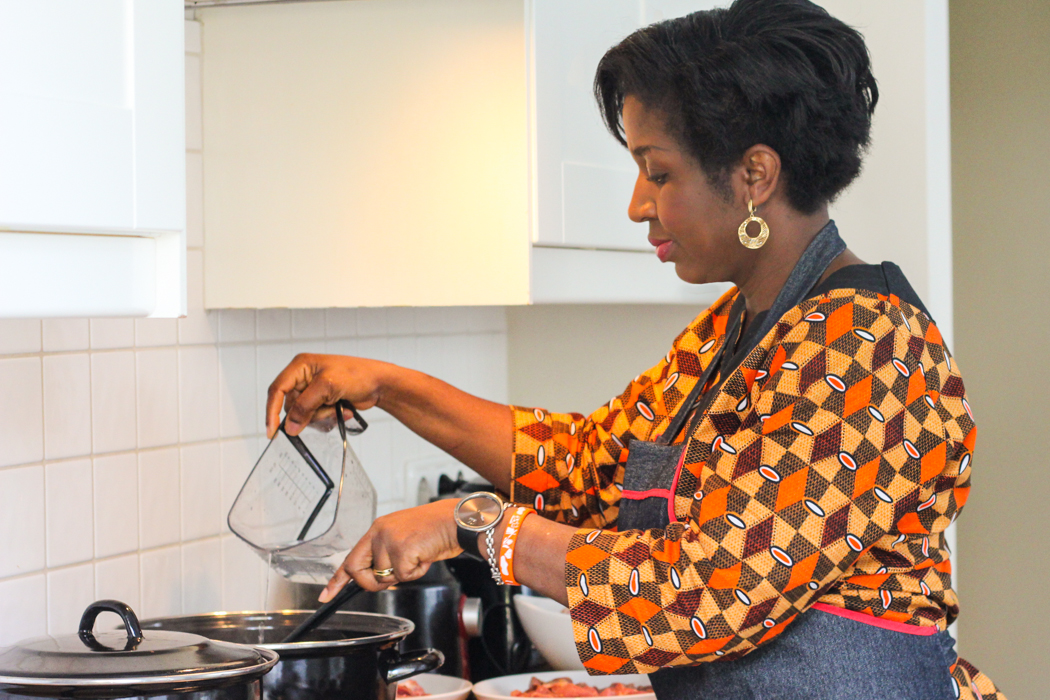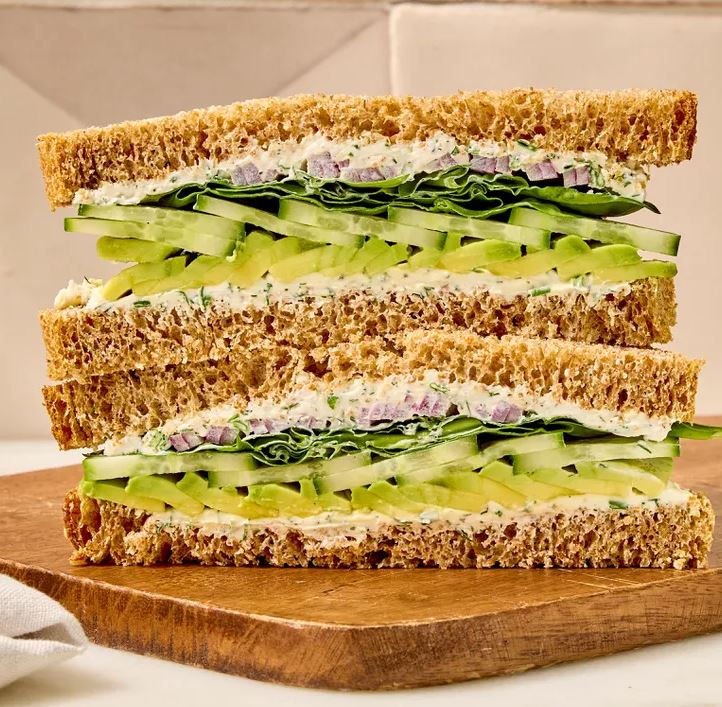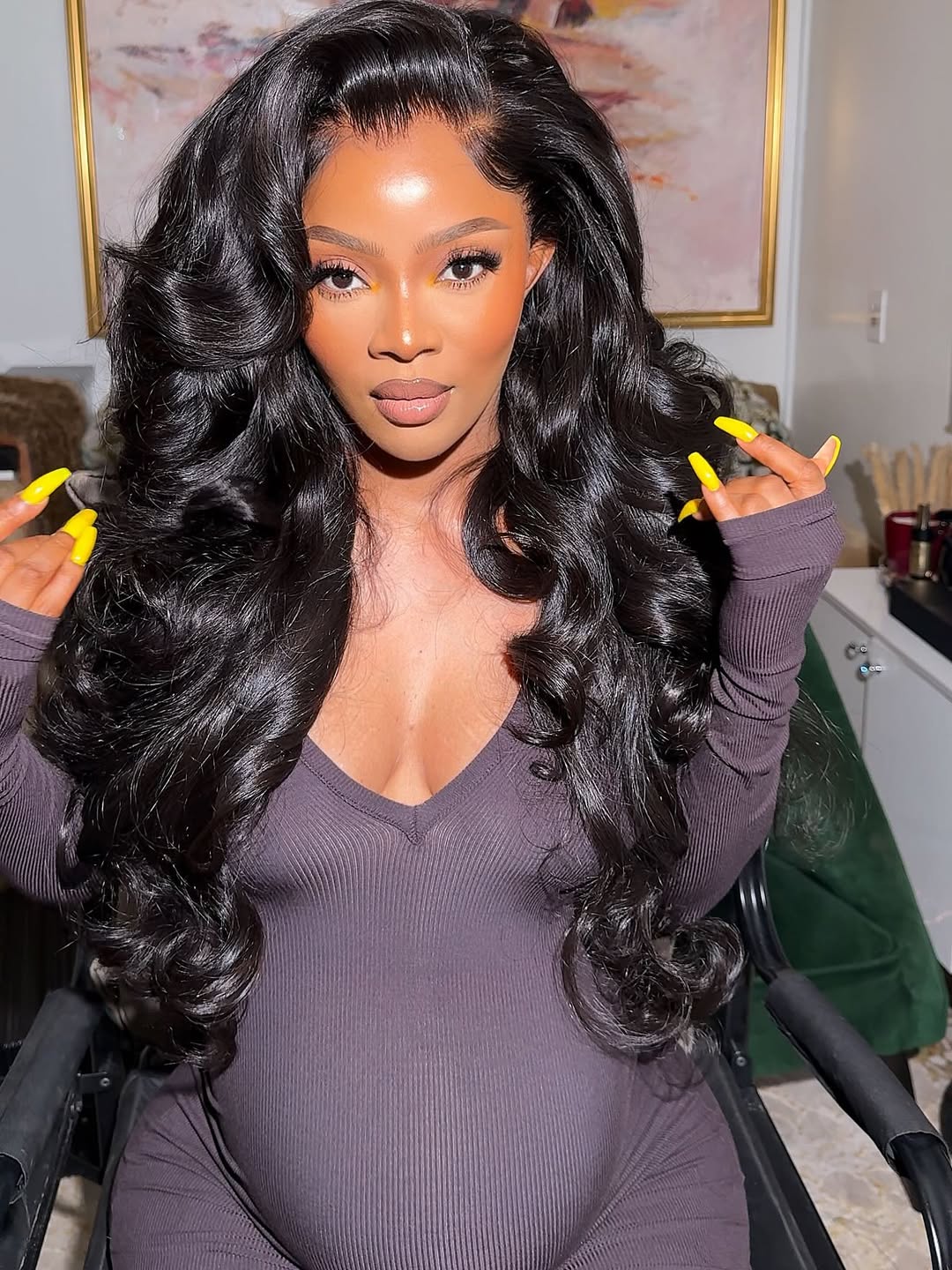When you marry a Nigerian man, you’re not just saying “I do” to him—you’re signing up for a lifelong relationship with his mother too. Nigerian mothers-in-law have a well-earned reputation for being tough, overprotective, and sometimes intimidating.
It’s not that they don’t want their sons to be happy—it’s just that they have very strong opinions about the kind of woman who deserves their “baby boy.”
From questioning your cooking skills to giving unsolicited advice on everything from childbearing to how you sweep the floor, Nigerian mothers-in-law can be overbearing.
But why are they like this? Let’s break it down.
1. No Woman Is Ever Good Enough for Their Son
In her eyes, her son is a perfect angel—hardworking, well-mannered, and deserving of a wife who is a chef, housekeeper, prayer warrior, and financial expert all in one.
No matter how amazing you are, there’s always something you could be doing better. It’s not personal—it’s just her way of testing you to see if you can handle marriage.
2. Overprotectiveness Comes from Cultural Expectations
In Nigeria, mothers are the backbone of the family. After years of sacrifice to raise their sons, it’s hard to simply hand them over to another woman without feeling a little territorial.
Many see their son’s wife as someone who is “taking over,” which can make them extra critical—at least in the beginning.
3. Your Cooking Skills Matter More Than Your Degrees
It doesn’t matter if you have a PhD or run a multi-million naira business—if you can’t cook her son’s favorite meal, there’s a problem.
For many Nigerian mothers-in-law, food is love. If you can’t whip up a solid jollof rice, egusi, ogbono soup, or pounded yam, you might be seen as not wife material.
4. Tribe & Background Still Matter
Although times are changing, some Nigerian mothers-in-law still have strong tribal and social background preferences.
- An Igbo mother may prefer her son to marry an Igbo woman.
- A Yoruba or Hausa mother may have similar expectations.
If you come from a different cultural background, you may have to work extra hard to prove that you respect their traditions.
5. Respect is Non-Negotiable
In Nigerian culture, respect for elders is a BIG deal. Calling her “Mummy” or kneeling to greet her is not enough.
Your tone, words, and even body language matter. Anything that seems disrespectful (even if unintentional) can be seen as a red flag.
The safest approach? Be polite, listen when she speaks, and avoid arguing—even if you completely disagree.
























